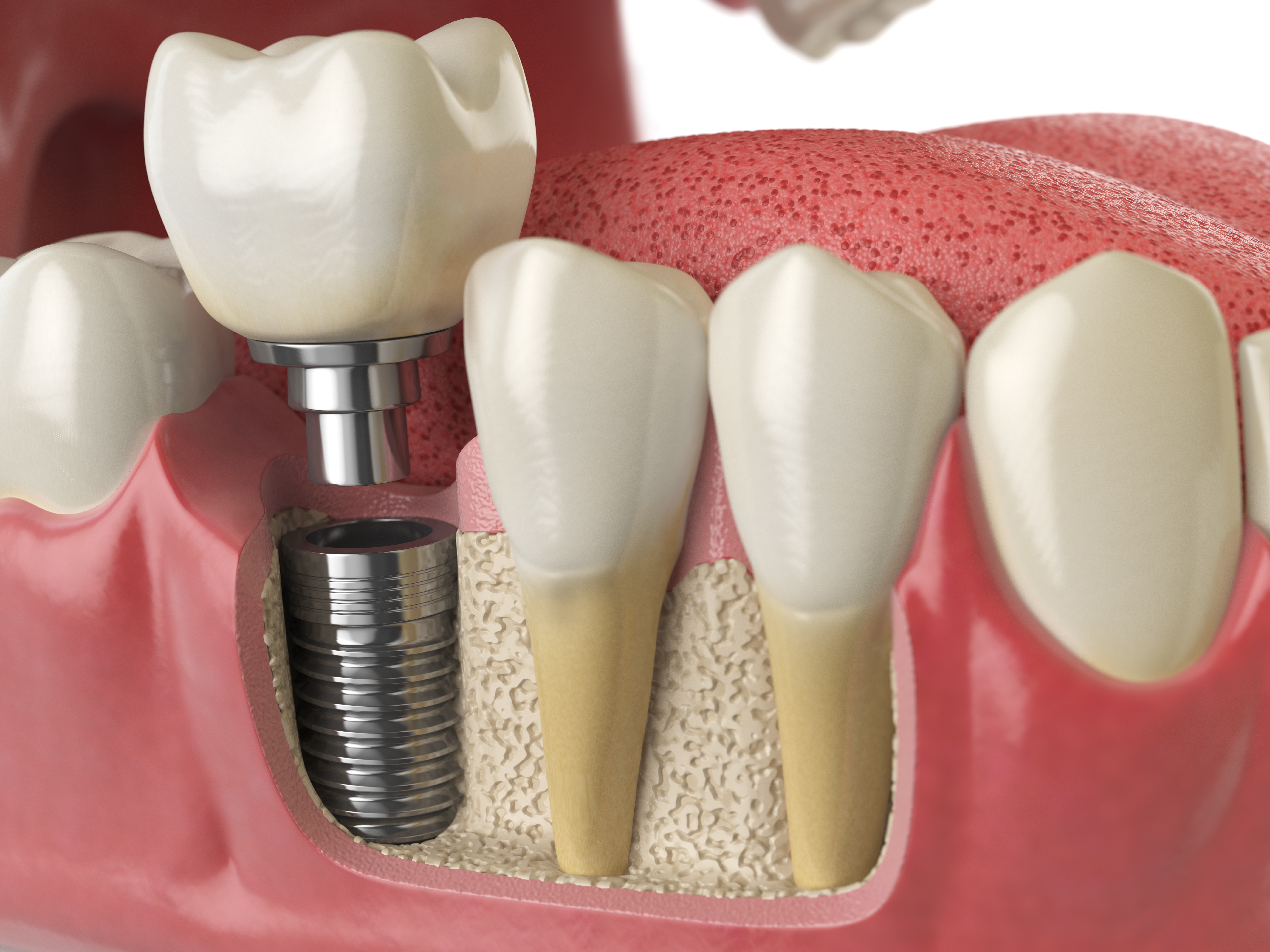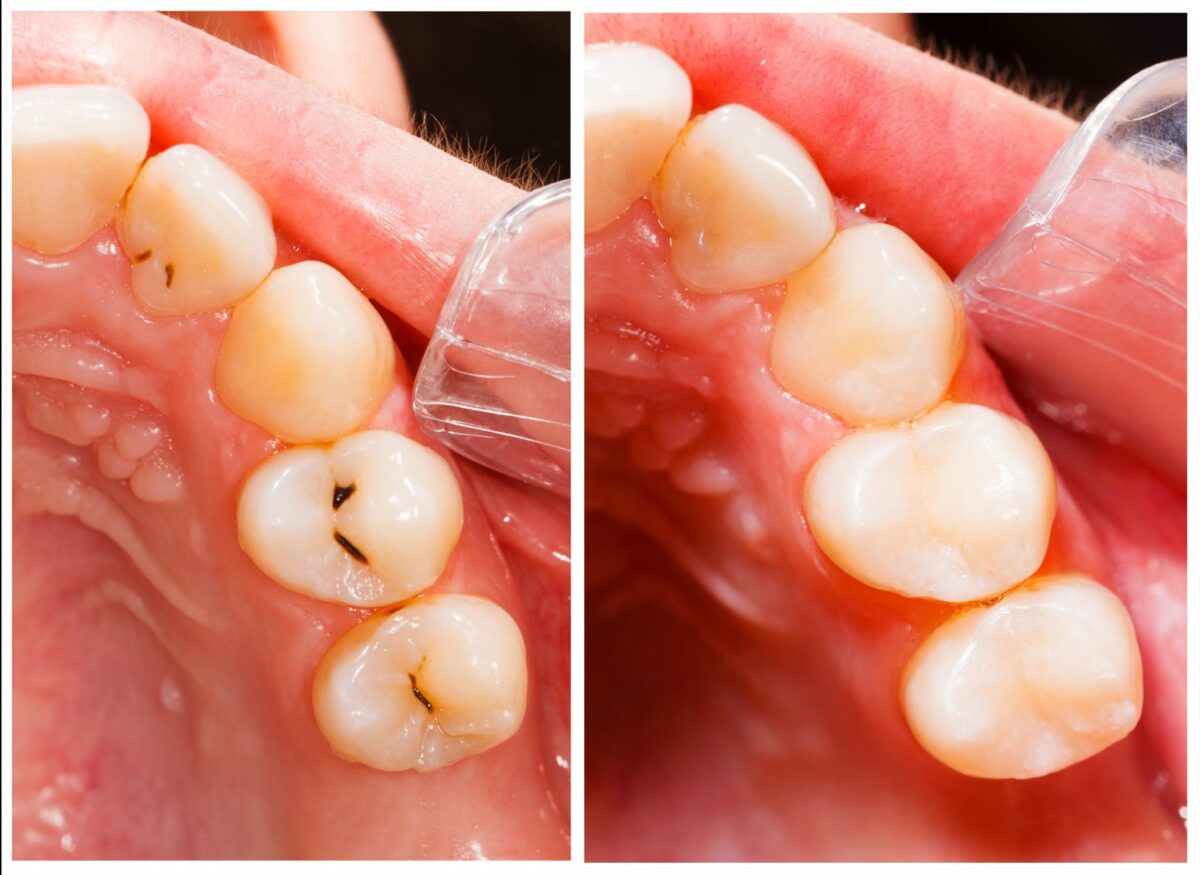Introduction
A radiant smile can significantly enhance your self-esteem and overall quality of life. For those dealing with missing teeth, dental implant offer a transformative solution. This ultimate guide will explore everything you need to know about dental implants, their benefits, procedures, and how to choose the right dentist in Karachi.
What Are Dental Implants?
Dental implants are advanced dental solutions designed to replace missing teeth. Comprising titanium posts that serve as artificial tooth roots, dental implants are surgically embedded into the jawbone. Once integrated, they provide a strong foundation for permanent or removable replacement teeth, commonly referred to as crowns.
Types of Dental Implants
- Endosteal Implants: These are the most common type of dental implants, placed directly into the jawbone.
- Subperiosteal Implants: Positioned under the gum but above the jawbone, these are ideal for patients with insufficient bone height.
Why Choose Dental Implants?
Dental implants offer numerous advantages over traditional tooth replacement options:
1. Natural Appearance and Function
Dental implants closely resemble natural teeth in appearance and function. They restore your ability to chew and speak comfortably, allowing you to enjoy your favorite foods without fear.
2. Longevity and Durability
With proper care, dental implants can last a lifetime, making them a cost-effective long-term solution for tooth loss.
3. Enhanced Oral Health
Unlike bridges, dental implants do not require altering adjacent teeth, preserving your natural tooth structure. Additionally, they stimulate the jawbone, preventing bone loss that can occur with missing teeth.
4. Boosted Confidence
A complete smile significantly enhances self-esteem, allowing you to engage with others confidently.
The Dental Implant Process
Understanding the dental implant process is essential for anyone considering this treatment. The procedure typically involves several steps:
Step 1: Initial Consultation
Your journey begins with an initial consultation with a dentist. During this visit, the dentist will:
- Assess your oral health.
- Discuss your medical history.
- Determine if you are a suitable candidate for dental implants.
Step 2: Treatment Planning
If you are a good candidate, the dentist will create a personalized treatment plan. This plan will outline the type of implant, the number of implants needed, and the timeline for the procedure.
Step 3: Implant Placement
The actual dental implant procedure generally involves the following:
- Anesthesia: Local anesthesia will be administered to ensure your comfort during the surgery.
- Surgical Placement: The dentist will make an incision in the gum tissue and place the titanium implant into the jawbone.
- Healing Period: After placement, the implant requires a healing period of several months for osseointegration, where the bone fuses with the implant.
Step 4: Abutment Placement
Once healing is complete, an abutment is placed on the implant. This small connector will hold the custom-made crown that completes the restoration.
Step 5: Crown Placement
The final step involves placing the crown, which is designed to match the shape, size, and color of your natural teeth. This completes the dental implant process, restoring your smile and functionality.
Recovery After Dental Implant Surgery
Post-surgery recovery is crucial for the success of your dental implants. Here’s what to expect:
Common Aftereffects
Patients may experience:
- Swelling and bruising in the surgical area
- Discomfort and mild pain
- Minor bleeding
Recovery Tips
- Follow Post-Operative Instructions: Adhere to all care guidelines provided by your dentist.
- Maintain Oral Hygiene: Keep the surgical site clean to prevent infection.
- Soft Diet: Stick to soft foods for the first few days to aid healing.
Comparing Dental Implants to Other Tooth Replacement Options
When considering tooth replacement, various options are available. Here’s how dental implants compare to bridges and dentures:
Dental Implants vs. Dental Bridges
- Support: Bridges require the alteration of adjacent teeth, while dental implants do not.
- Longevity: Implants generally last longer than bridges.
- Bone Health: Implants stimulate bone growth, while bridges may lead to bone loss over time.
Dental Implants vs. Dentures
- Stability: Implants are fixed and do not shift, whereas dentures can become loose.
- Maintenance: Implants require the same care as natural teeth, while dentures need to be removed for cleaning.
- Comfort: Dental implants often provide more comfort and functionality compared to dentures.
Choosing the Right Dentist in Karachi
Selecting a qualified dentist is crucial for the success of your dental implant procedure. Here are some tips to help you make an informed decision:
1. Credentials and Experience
Ensure the dentist has specialized training and experience in dental implantology.
2. Patient Reviews
Read testimonials and reviews from previous patients to gauge their experiences and satisfaction.
3. Technology and Facilities
Choose a clinic that utilizes advanced technology and adheres to high standards of hygiene and patient care.
4. Consultation
Schedule a consultation to discuss your needs, ask questions, and evaluate the dentist’s approach.
Cost of Dental Implants
The cost of dental implants can vary based on several factors:
- Location: Prices may differ depending on the geographical area and the specific clinic.
- Complexity of the Case: If bone grafting or additional procedures are required, the cost may increase.
- Materials Used: The type of implant and crown materials will also affect the overall price.
Financing Options
Many dental clinics offer financing plans or work with insurance providers. Be sure to discuss your payment options during the consultation.
Frequently Asked Questions About Dental Implants
1. Are dental implants painful?
Most patients report minimal discomfort during and after the procedure, especially with proper anesthesia and pain management.
2. How long do dental implants last?
With proper care, dental implants can last a lifetime, making them a durable solution for tooth loss.
3. Who is a candidate for dental implants?
Candidates generally have good oral health, adequate bone density, and are committed to maintaining oral hygiene. A dentist will evaluate your suitability during the consultation.
4. How long does the entire dental implant process take?
The timeline can vary based on individual circumstances, but the entire process can take several months, including healing time.
Conclusion
Dental implants are a life-changing solution for those seeking to restore their smiles and improve their quality of life. By understanding the procedure, benefits, and how to choose the right dentist in Karachi, you can make an informed decision about your dental health. If you’re ready to transform your smile with dental implants, consult with a qualified professional today and take the first step towards a confident new you!







